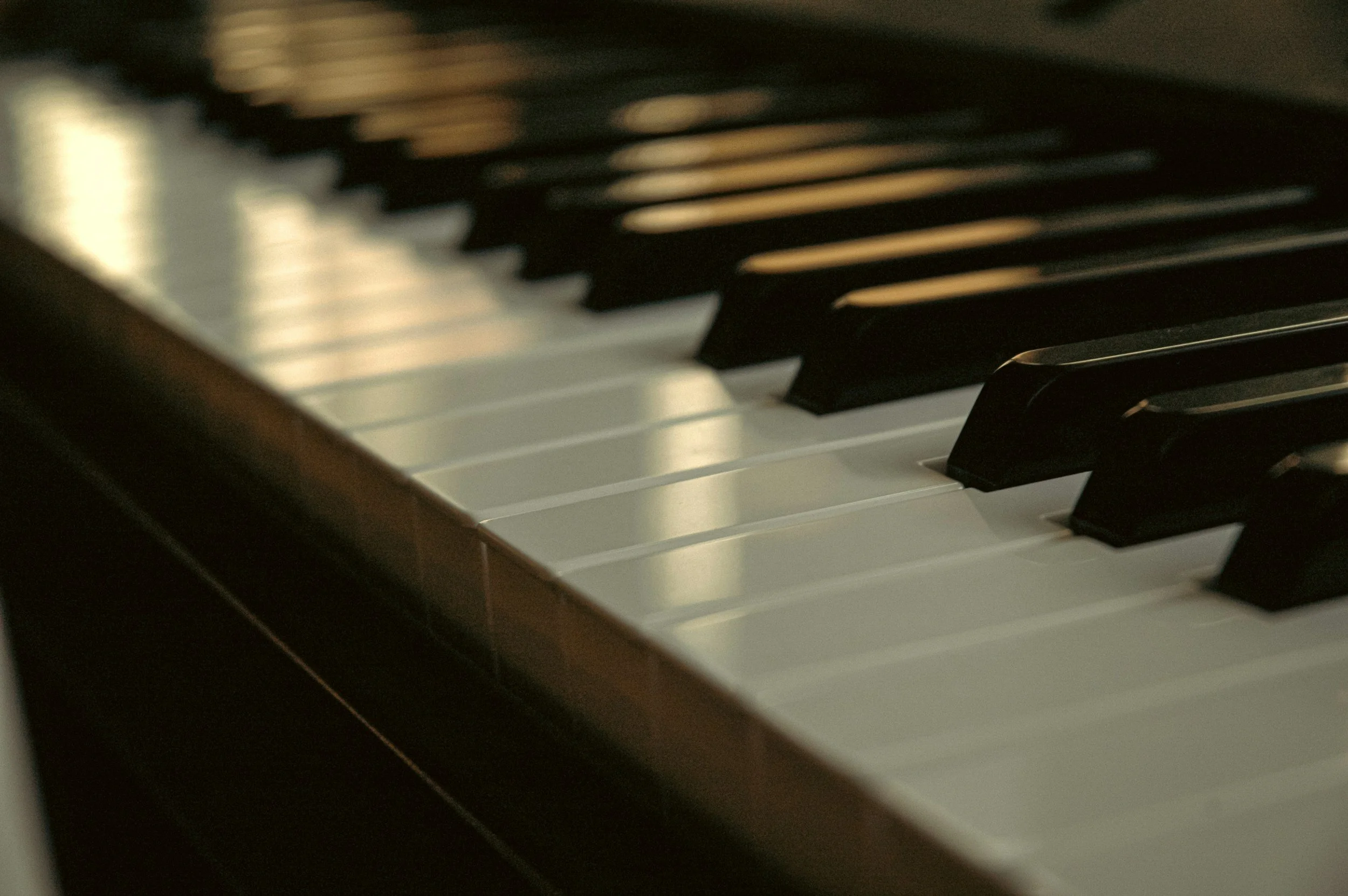
About
I’m Stefan Borowicz—
the person behind Piano Technica.
I come to the piano from a classical music perspective—some of my earliest memories as a child in Vermont were at the piano. My father was a orchestral conductor and college music educator and I was surrounded by classical music from the beginning. And while the piano ended up not being my main instrument (I have a performance degree in horn from the San Francisco Conservatory), it has remained my touchstone throughout my life.
There are three pillars to piano technology: tuning, regulation, and voicing, or perhaps more descriptively: “tuning, touch, and tone”. While tuning is the most frequent service call due to its sensitivity to environmental factors (namely humidity), all three are inextricably intertwined. In the classical piano context, the sensitivity of touch and tone are of particular relevance and this is an area of significant interest to me.
Learning the art and craft of piano technology is a lifelong journey. As an "analog machine"—arguably the most complex one you'll ever have in your home—a piano contains roughly 10,000 moving parts made from wood, metal, and felt, each working in close tolerances. Understanding the intricate relationships and interdependence of these components takes time and experience.
While a few formal programs still teach the craft, most knowledge is passed down through the old-world mentor-apprentice method. I was fortunate to study under the late David Brown, who most recently served as the head technician at Southern Methodist University in Dallas and previously held positions at the University of Arizona in Tucson and the University of Texas at Austin. My study continues today with rising luminary Jesse Reyes, Kawai M.P.A, Steinway Concert & Artist technician, and the head technician at the University of California—San Diego.
And while my introduction to classical music and the piano was straightforward and immersive, my path to becoming a piano technician, has been a bit more circuitous. Life’s twists and turns have left me with a rather eclectic resume with time spent in both the airline and specialty coffee industries, but returning to my musical roots has felt like coming home—even if from an unexpected trajectory. This diversion has left me with a strong service ethic which is indispensable in any business.
So what does all this mean for you? It’s an appreciation that it’s not just a piano I’m working on—it’s your piano—your musical outlet, and I am grateful for the opportunity to be a part of it.


